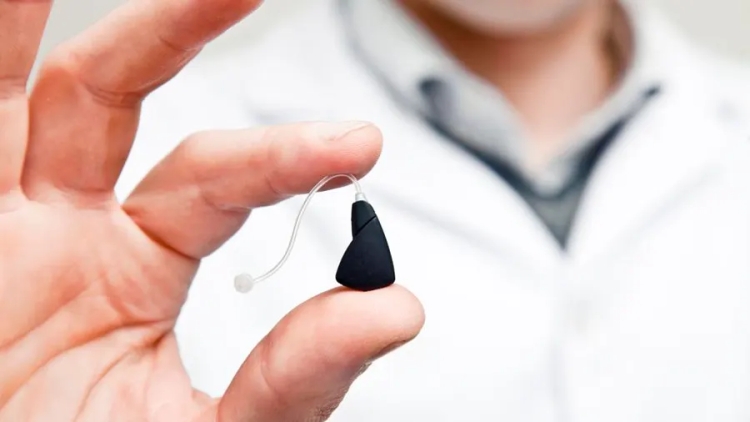Unlocking Affordable Hearing Solutions for Seniors
Hearing loss can dramatically affect the quality of life for seniors, making hearing aids essential tools for more straightforward communication and improved social interactions. Yet, the high cost often makes these devices inaccessible for many. Discover how to enhance your hearing without breaking the bank, and dive into practical ways for seniors to find affordable hearing aids.

Hearing aids are crucial for many seniors, but their costs can be prohibitive. These essential devices range from simple sound amplifiers to high-tech models that offer smartphone connectivity and sophisticated noise filtering. The choice of hearing aid largely depends on the user's specific needs, lifestyle, and, importantly, budget.
Medicare's Role in Hearing Aid Affordability
Medicare Provides No-Cost Hearing Aids for the Elderly, significantly easing the financial burden. This support is crucial, as it ensures that seniors can access these essential devices without the stress of high costs, enhancing their quality of life.
Programs That Support Senior Citizens
There are several key programs designed to help seniors afford hearing aids:
- Hearing Aid Assistance for Seniors via Medicare offers substantial support, covering parts or all of the costs of hearing aids.
- Non-profit organizations provide low-cost or donated hearing aids to those in need, focusing on seniors to enhance their auditory health without financial strain.
Exploring Discount and Assistance Programs
Complimentary Hearing Aids for Older Adults are available through various programs that acknowledge the financial constraints many face:
- Veterans' associations offer significant discounts or even free hearing aids to eligible individuals.
- Membership organizations like AARP negotiate with suppliers to provide hearing aids at reduced costs to their members.
Alternative Ways to Purchase Hearing Aids
Shopping around can also save money:
- Over-the-Counter Hearing Aids: These are typically more affordable and cater to those with mild to moderate hearing loss.
- Online purchases can also lead to savings, though buying from reputable sources is crucial to ensure quality and reliability.
Insurance and Savings Accounts as a Resource
While many insurance plans do not cover hearing aids, some do. Checking your policy carefully could reveal benefits you weren't aware of. Additionally, using an HSA or FSA can effectively manage the costs of purchasing a hearing aid.
Conclusion: Enhancing Accessibility
Seniors Can Get Hearing Aids at No Cost through various programs and strategies to make these devices more accessible. By taking advantage of the available resources, seniors can find affordable solutions to maintain their auditory health and engage actively with the world around them.



